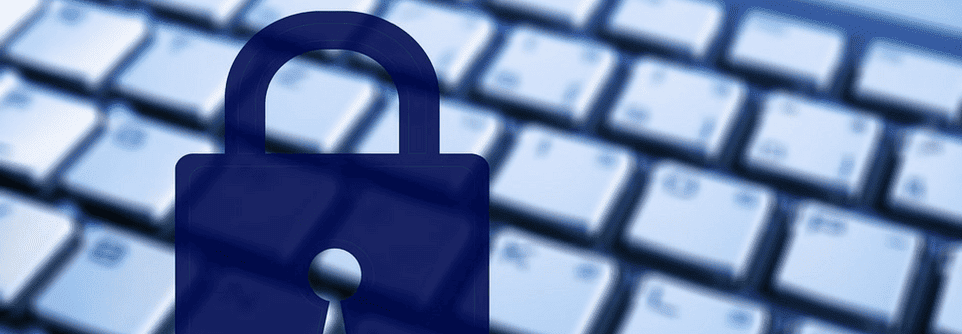9 ways to make your passwords less bad
While a password itself isn't a bulletproof shield for your online privacy and security, you can still make sure you're not making hacker's lives easier with your weak password. How? Read on.
Written by human for humans
1. Do not use the most commonly used passwords. It's hard to believe that people are still using common passwords like 0000, password, 123456 and similar »clever« ideas. They are, of course, really easy to guess and hack. Avoid those and dedicate a little bit more time to creating a stronger password.
2. Use very long passwords. Long passwords will take automated program years to crack, so you can be a bit calmer if you create a longer password. Many services already demand at least 8-characters long passwords, but experts are suggesting passwords that are 12 to 14 characters long.
3. Do not just use a favourite phrase and exchange characters with symbols or numbers. Passwords are easy to forget, so why not come up with a password (such as ilov3p4sta) you'll be able to remember but still looks so wonderfully complicated that no one will be able to guess it? Computers, sadly, will have no problem with that.
4. Do not use common phrases. Using a verse from a popular song, a slogan or a famous movie line is also not a good idea. Use random words and maybe use some you can't necessarily find in a dictionary. Combine them with upper case letters, lower case letters, symbols and numbers for maximum security.

5. Do not reuse a password. You're using too many services online to count and multiple passwords are hard to remember. So it's probably tempting to just use the same password for everything, right? Well, don't. Even if you're setting up a password for a website that is »no big deal«, don't use the same one you've used before. This website might get hacked and your password can be used to get into your other, more important online accounts.
6. Test your password. There are several sites online where you can test the strength of your password. Of course, typing your actual password into unknown sites is never a good idea, so even in this case (when the websites are secure and trustworthy) only use it for some ideas about the password you're creating.

7. Do not share your password or put it in on websites where it is not secure. Phishing attacks often come in the form of emails or other kinds of communication which invite you to share your password. Don't fall for it! Your bank, for example, will never ask you to send them your password in an email. Always pay attention when entering a password – check for the green lock in your browser URL field.
8. Use a password manager. One of the easiest and safest options is using a program called password manager. It creates complicated, strong passwords and safely stores them for you. The beauty of it? You don't have to remember them because the program does it for you. You only need to remember one master password – make sure it's equally strong!
9. Use 2-factor authentication. Passwords obviously aren't the best kind of protection, especially when it comes to really sensitive data. This is where new technological solutions come in handy. One of them is called 2-factor authentication. It is a way of proving your identity in a second way besides typing in your password. Read more about How two-factor authentication improves your online security.
Koofr offers 2-factor authentication and also password protected sharing of files to keep your files safe and secure. Make sure to set a good password for your Koofr account and add another layer of protection by using 2FA.
Create a FREE Koofr cloud storage account today!
Want to talk to us? Join us on the Koofr subreddit!


